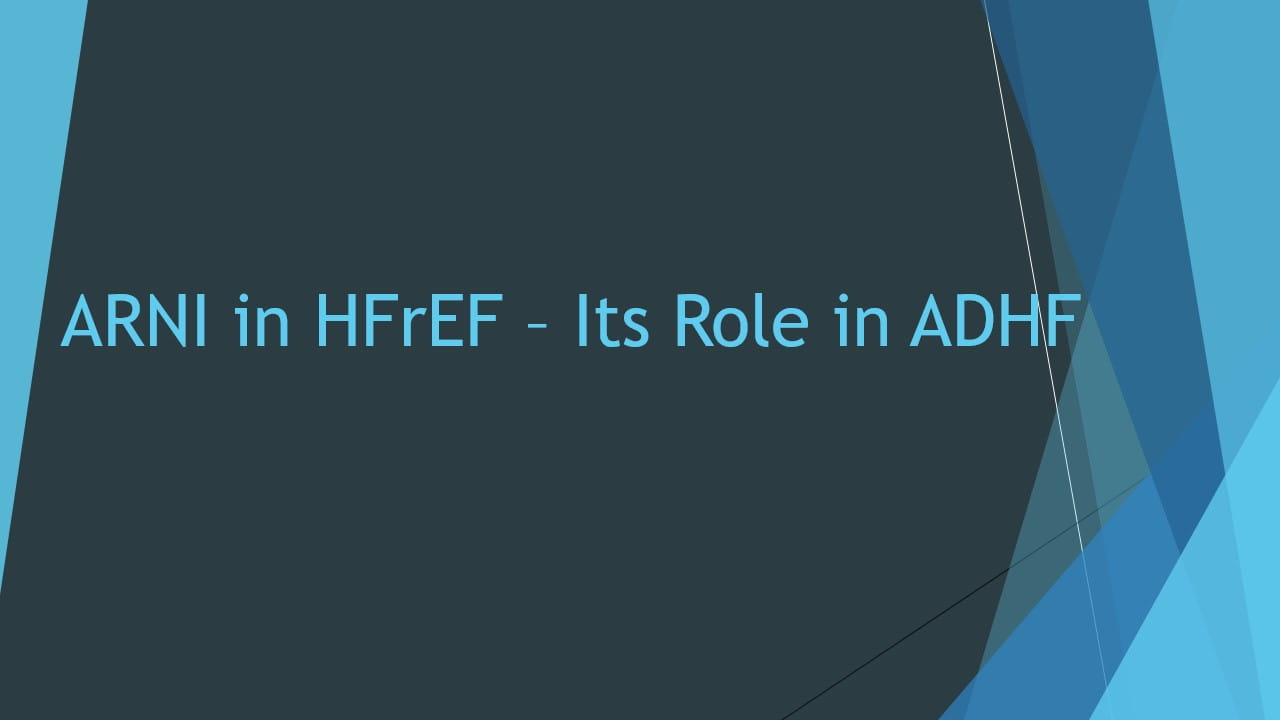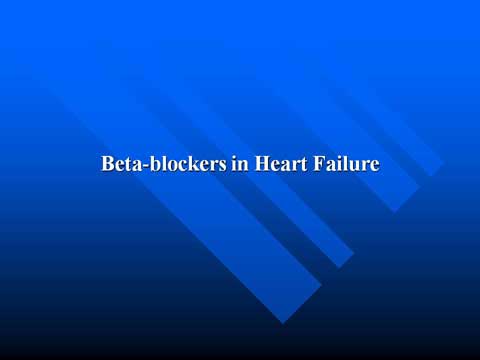Early Intra-aortic Balloon Pump in Heart Failure Complicated by Cardiogenic Shock: The Altshock-2 Randomized Clinical Trial
Speaker: Dr. Alice Sacco
Key Highlights
Introduction:
Registry data, including a recent analysis of nearly 1,000 patients enrolled until December 2024, showed that HF-related CS accounts for approximately 30% of cases. Temporary mechanical circulatory support (tMCS) was used in 63% of patients, with IABP being the most frequently employed device in both HF and acute myocardial infarction (AMI)-related CS.
While AMI-CS and HF-CS differ markedly in pathophysiology, the latter is often characterized by afterload mismatch, limited preload reserve, and a high sensitivity to afterload changes—making IABP a potentially suitable intervention. The earlier ALSHOCK1 phase 2 trial demonstrated a promising 60-day survival rate of ~90% when IABP was used as an escalation therapy after initial pharmacological stabilization.
Aim:
To evaluate whether early intra-aortic balloon pump (IABP) implantation improves outcomes in patients with heart failure–related cardiogenic shock (HF-CS), a population where mechanical circulatory support (MCS) use has increased despite limited prospective evidence.
Methods:
-
Design: Phase 3, multicenter, open-label, randomized controlled trial
-
Population: Adults (≥18 years) with cardiogenic shock due to heart failure (LVEF ≤35%), hypotension or hypoperfusion, and eligible for advanced HF therapies
-
Randomization: Within 6 hours of shock diagnosis to:
-
Intervention: Early IABP implantation
-
Control: Standard care with escalation permitted within 8 hours if deterioration occurred
-
Primary Endpoint: 60-day survival or successful bridging to durable MCS or heart transplant
-
Planned Sample Size: 200 patients
-
Interim Analysis: Conducted after enrollment of 101 patients
Results (Interim, n = 101)
-
Patient Characteristics:
-
Median age: 60 years
-
Median LVEF: ~20%
-
Non-ischemic HF: 61%
-
Median systolic BP: 88 mmHg
-
Low serum lactate (<2 mmol/L), indicating early/mild shock
-
Timing:
-
Randomization: Median 8 hours from CICU arrival
-
IABP Deployment (intervention arm): Median 2.5 hours post-randomization
-
Primary Endpoint:
-
No statistically significant difference between early IABP and standard care
-
DSMB recommended early termination for futility
Conclusion:
The ALTShock-2 trial provides the first randomized evidence against routine early use of IABP in heart failure–related cardiogenic shock. Despite sound physiological rationale and widespread use, IABP did not improve short-term outcomes. The findings suggest that IABP may be ineffective in early or less severe HF-CS or when used too late. These results underscore the need to re-evaluate MCS strategies, refine patient selection, and explore newer technologies (e.g., Impella, ECMO, Factor XI inhibitors) through future trials in this high-risk population.
ACC.25, March 29 - 31, 2025, Chicago




